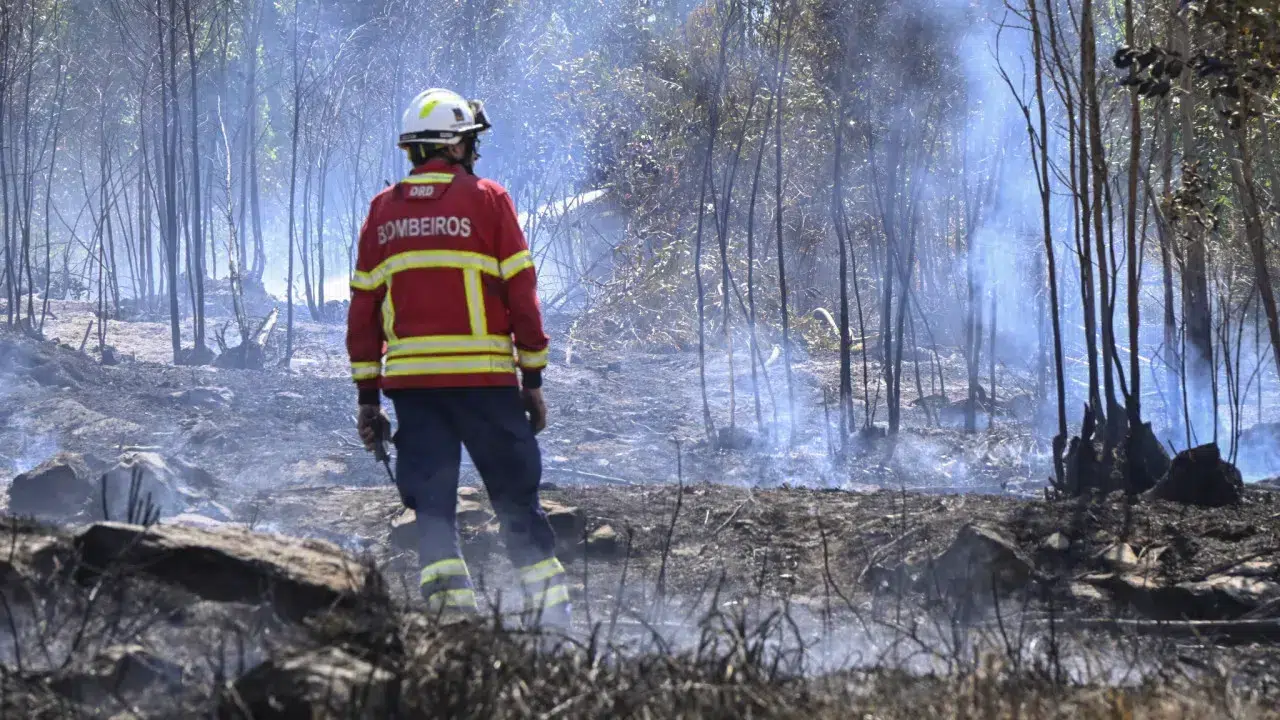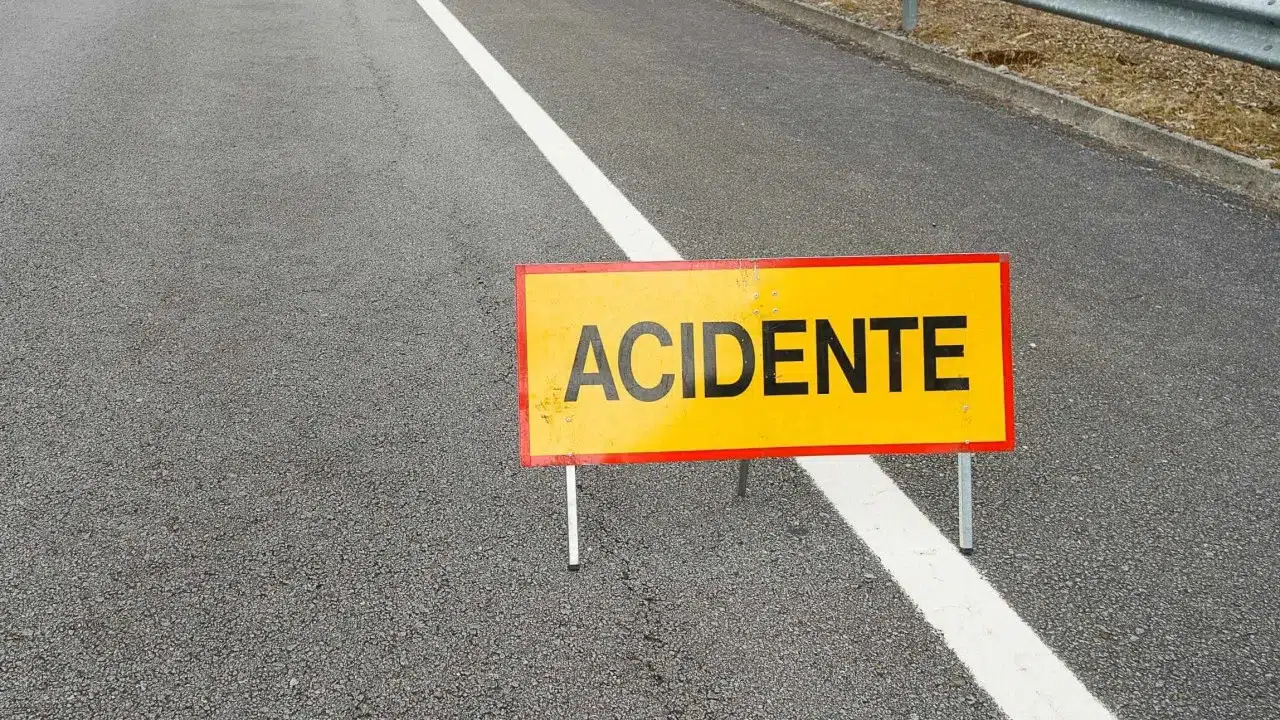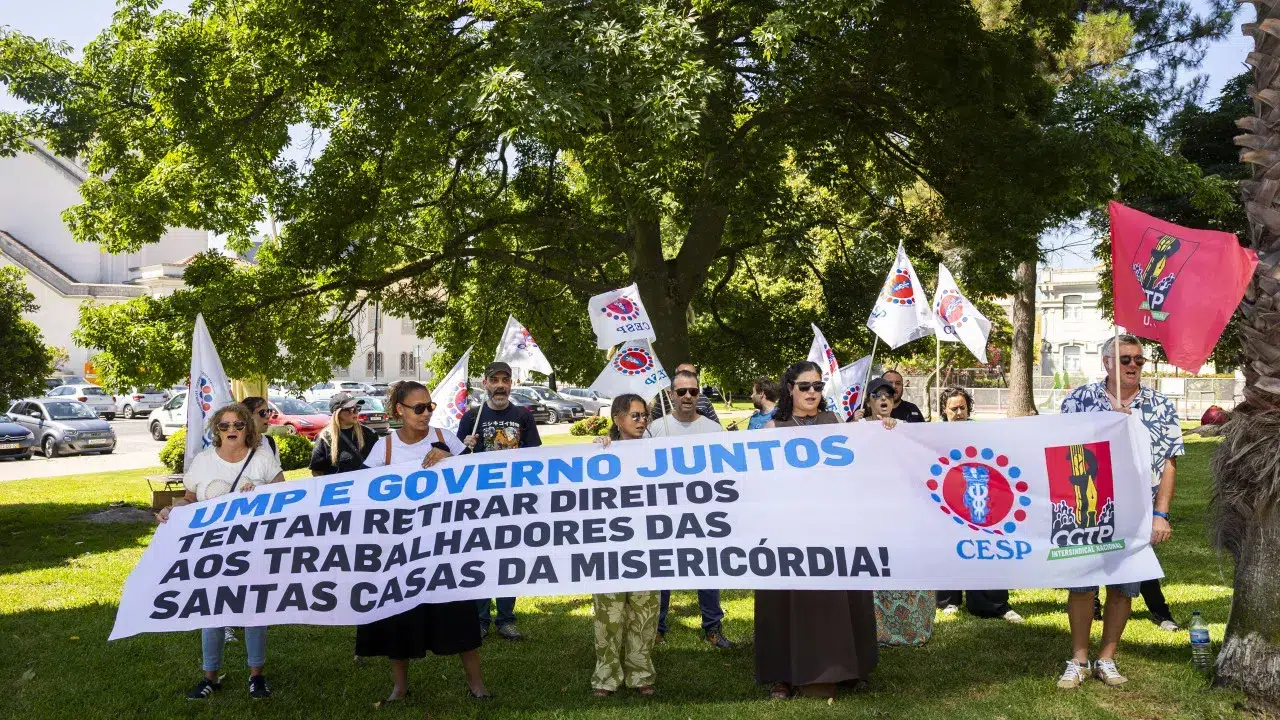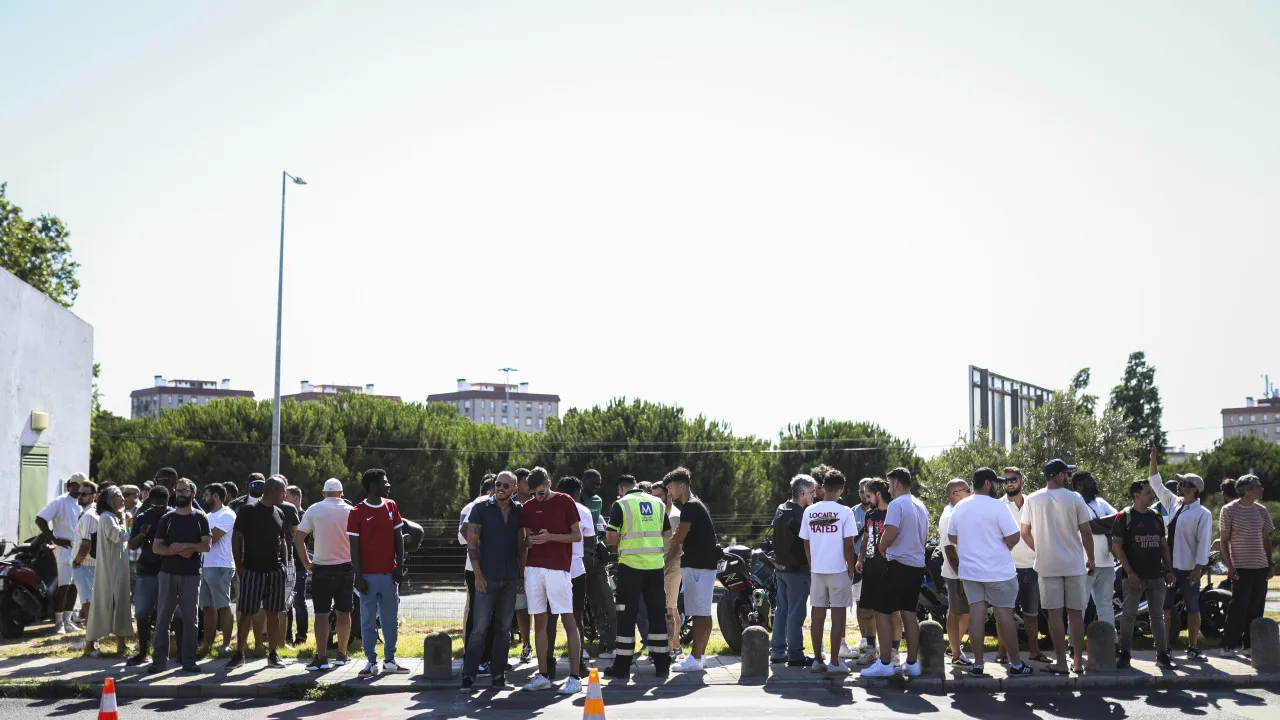
A civic movement has issued a statement titled “We Can’t Breathe,” expressing “discontent and solidarity” with the residents of Cercal do Alentejo, Setúbal district, who have been enduring the outcomes of mismanagement at a wood pellet factory for over two weeks.
The situation stems from a fire that erupted at the factory in the Cercal do Alentejo Industrial Zone on July 21, spreading to the surrounding area and causing a rural fire.
The fire within the factory was subdued on July 31, ten days after the initial alert, following a silo explosion that ignited stored wood and extended to nearby rural areas.
The movement highlighted that Cercal do Alentejo is “very close and constantly exposed to harmful factors” from the industrial zone.
They stated, “The fire was exacerbated by exterior wood storage, emitting constant highly toxic smoke.”
Juntos pelo Cercal reported that “several residents have suffered respiratory and eye issues over the past two weeks and are uncertain about their safety and health conditions.”
An official from the coastal Alentejo health authority stated that they have not received “reports of illness related to respiratory issues due to this fire, but there is an expressed concern.”
“We have not registered any influx to healthcare facilities due to respiratory issues from this fire,” the official confirmed.
The health authority visited the site on July 31 following a complaint about “emissions from the fire.” A “response intervention with strengthened resources” was executed, including involvement from the company, mitigating the smoke emissions within 48 hours.
The official clarified that “based on the material’s technical sheet, no additional chemicals were found, only wood.”
Álvaro Beijinha, Mayor of Santiago do Cacém, acknowledged receiving “emails expressing concern about the fire’s duration and criticizing perceived inaction by authorities.”
He noted that “these emails followed a similar pattern, understandable given the prolonged activity of the fire in a supposedly clean energy-producing wood compressing factory.”
The mayor assured that the health authority monitored the situation without reporting any public health concerns.
He recognized “the worry from those enduring the smoke” but suggested that if a public health issue existed, authorities would respond differently. He speculated that “in an election year, certain movements from four years ago might try to amplify a non-existent issue.”
The Juntos pelo Cercal movement advocated for an immediate suspension of the factory’s project under current conditions, an independent public study on the health and ecological impacts, and ensuring public involvement in territorial decisions.




